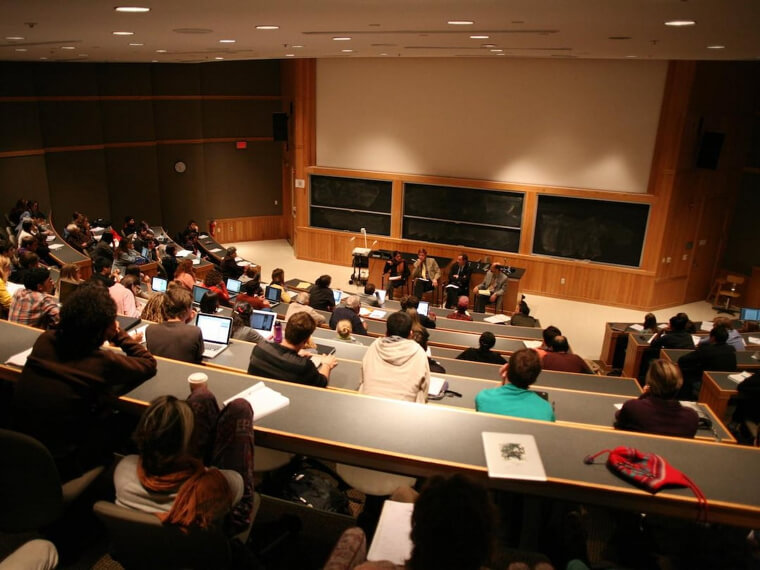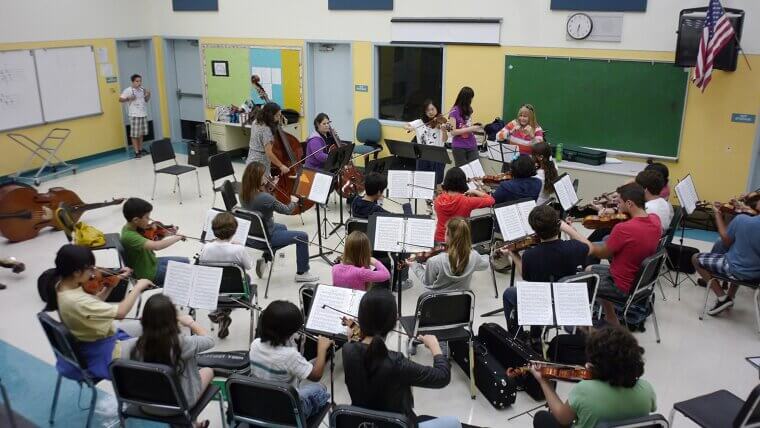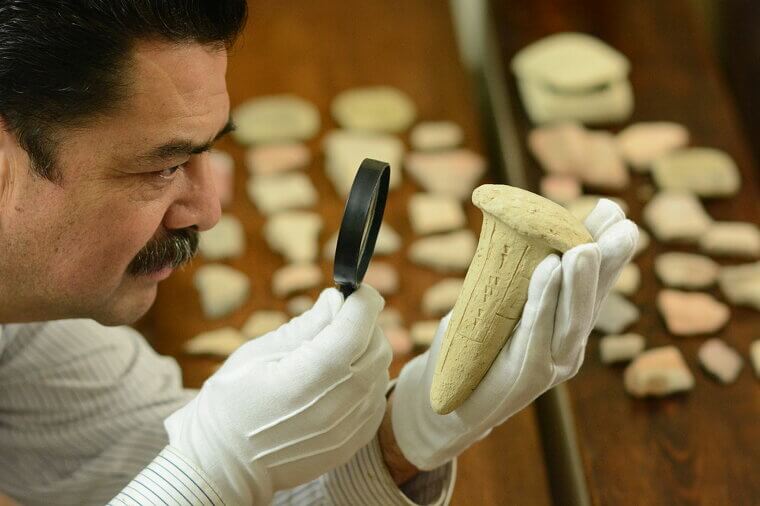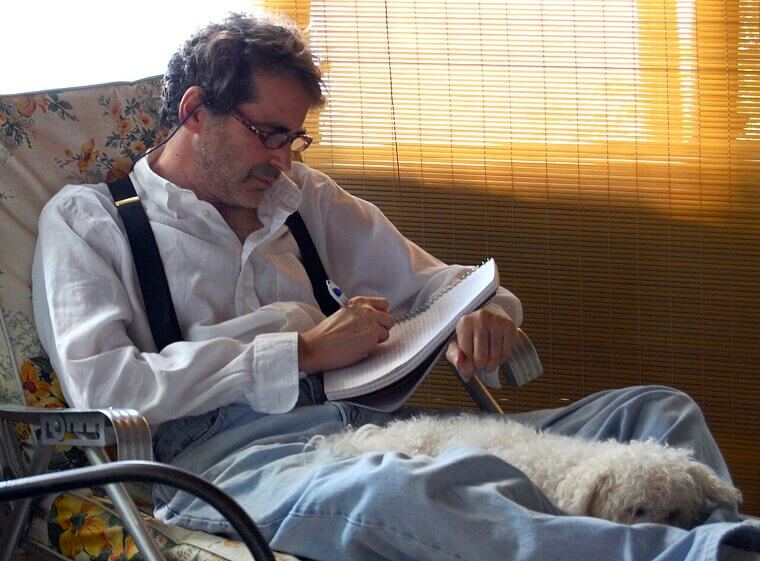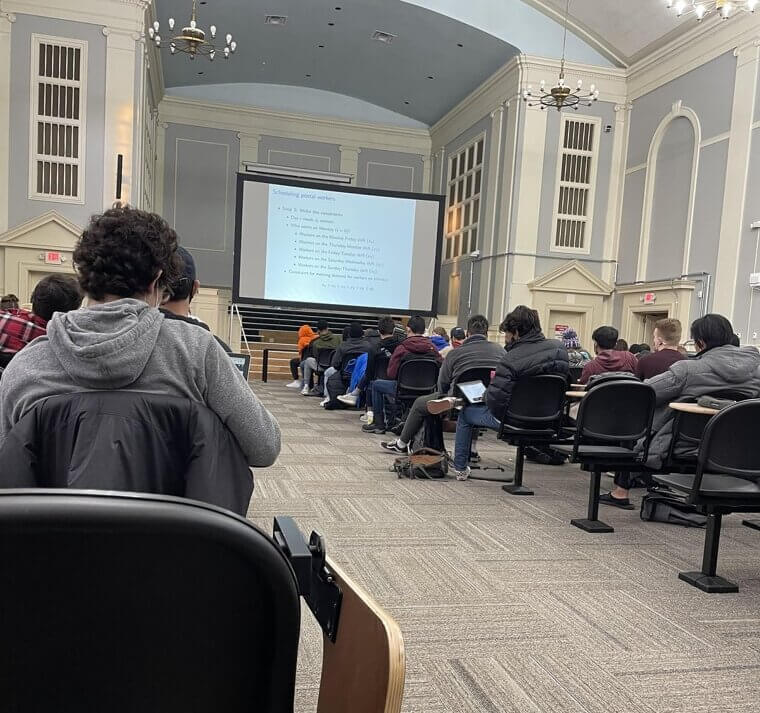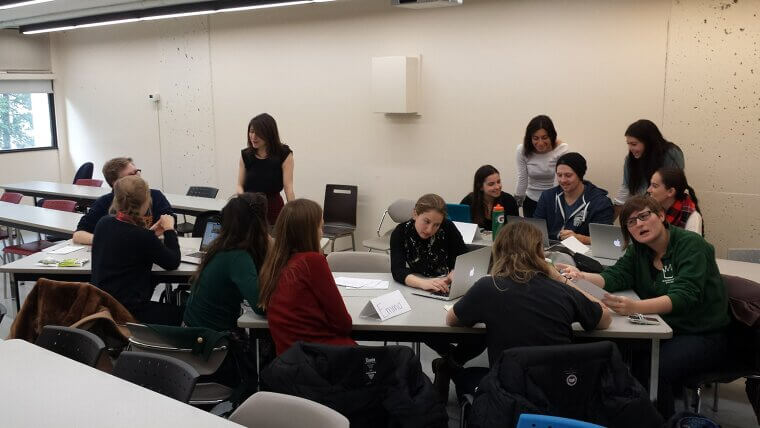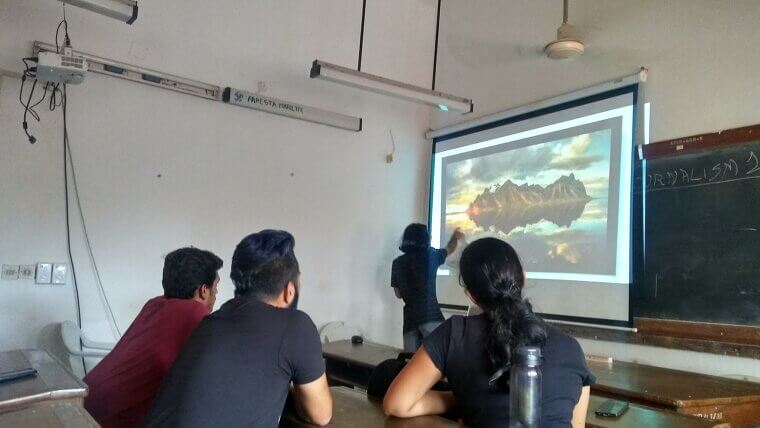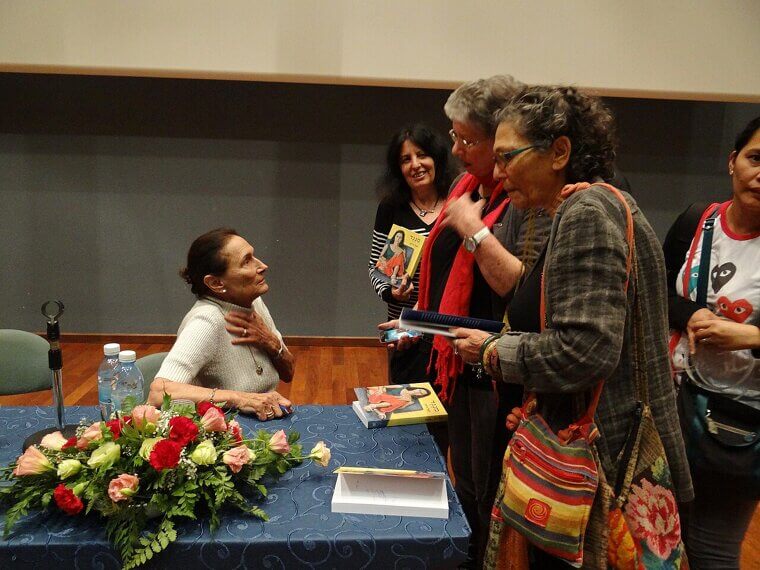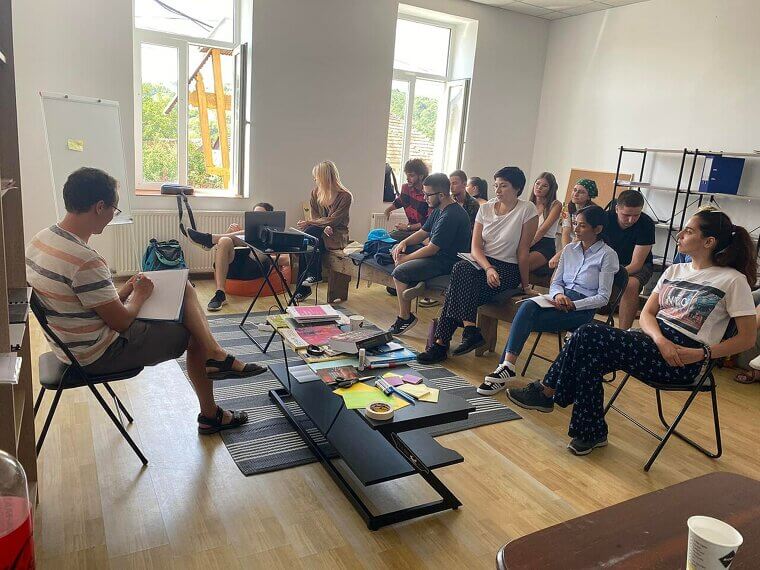Not All Degrees Are Worthwhile
Are you a student trying to decide what to do next? Well, don’t rush into any random degree. Believe it or not, some degrees are not as useful as you might think. So, before you make your choice, continue reading to unearth the degrees that don’t pay off... and what to study instead.
Communications
Communication is a broad field that teaches the science behind communication and how to make it more accessible. Hopefully, it also teaches you how to communicate in a job interview because, unfortunately, a communications degree doesn’t net you much in the way of qualifications. You’re better off with a Public Relations certificate.
Fashion Design
Although this degree is good for someone planning to have a fashion brand or work for a major fashion company, getting a fashion designer job can be hard. The same goes for creating your fashion brand after school. A degree in Graphic Design, however, presents more opportunities while enabling you to express yourself creatively.
Advertising
The rise of technology has impacted the advertising industry immensely, with digital advertising mediums, like SEO, taking the lead from traditional mediums. That pretty much means everything you’ll learn in a traditional advertising course is obsolete, so you’re better off getting a social media management qualification online.
Education
At first glance, you may wonder why an education degree is on the list, but it isn’t as useful as you think. As an education major, you have to choose a specialty and stick with it, and those with general education degrees will find themselves without jobs. A TEFL qualification, on the other hand, presents so many more opportunities, not just to teach but to travel as well.
Criminal Justice
Even though criminal justice looks like an amazing degree to study, your chances of getting a job in law enforcement will not increase as a result. This is because you will have a hard time getting a job that you are qualified for with this degree. Now, a security qualification, on the other hand…
Music
A music degree will teach you about the history of music and the different instruments, but it will not increase your chances of becoming a professional musician. However, you may consider a degree in Audio Engineering, which will allow you to work in booths and studios, even if you don’t really get to play the instruments themselves.
Ethnic Studies
Ethnic studies are very important, but this degree alone may not be as useful to get the job you want. You may have to spend more time getting additional education to increase your chances of getting jobs in social work, education, or other fields.
Theatre Arts
With a degree in theatre arts, you will learn how to be a professional ego-maniac. People who pursue this degree usually want to become actors or scriptwriters without having much in the way of talent. It’s better to refine your skills through public speaking and writing courses.
Anthropology and Archaeology
It may sound appealing to study humanity’s origin, development, and behavior, but don’t expect to live out your Indiana Jones fantasy. You’ll need to follow your studies through to the Ph.D level, and even then, you’ll pretty much only be able to find a job teaching - so why not just become a teacher instead?
Philosophy
Philosophy is a very interesting but theoretical field of study… that isn’t worth the paper your certificate is printed on. Simply put, if you want to spend all day thinking - and thinking about thinking - you may be better off in any of the more valuable scientific fields instead.
Travel and Hospitality
Travel and hospitality degrees usually involve the study of different places in the world and ways to improve the hospitality experience. But, even though the classes may be interesting, the career options for someone with this degree are very limited. Specialized courses (like restaurant management) will open up more opportunities.
Creative Writing
A creative writing degree will not automatically make you a novelist. While you will be taught how to tell stories and create poetry, this degree is very specific, which limits your career choices. A course in copywriting will grant you more opportunities, and you’ll always be able to work on your own writing on the side.
Computer Science
A degree in computer science may seem like you are on the right path, especially with the demand for tech-related jobs, but this isn’t so. Technology will always be ahead of what is taught in schools, which threatens the usefulness of degrees in the job market. Just like advertising, technological trends in computer science are advancing every day.
Linguistics
While there are numerous benefits to learning different languages, getting a linguistics degree is a useless venture. This is because tuition is expensive, and you want to ensure that you are spending time studying a course that will yield returns as a result of said degree. You may feel accomplished learning a language, but you can always do this without getting a degree.
Culinary Arts
A culinary arts degree may be a good idea if you want to become a chef or cook after University. With this degree, you will be taught how to cook and present your food, but you will not be taught any skill beyond this. This means your business and soft skills will be limited, hindering your ability to transfer jobs or change careers. Consider a course in restaurant management instead while working on your culinary skills on the side.
Art History
Art history typically involves the study of art in different periods. While it seems like a very unique degree to have, it can be hard to get a job or even make a career out of this degree, except if you want to pursue an academic role. Graphic Design, on the other hand, gives you practical skills that many companies will want.
Video and Photographic Arts
Anybody with an Instagram account and a second-hand DSLR camera can claim to be a photographer or videographer… so why go through the effort (and money) of studying video and photo art when you’re almost guaranteed to end up jobless?
Psychology
Psychology, just like philosophy, is a difficult degree to use after graduation. You will need to pursue higher education to increase your chances of getting a job and practicing. People who do not do this will have a hard time getting a job as it is also very limiting in career change options. However, it’s not entirely useless - you can always specialize in Occupational Therapy to increase your chances of getting a job.
Studio and Fine Arts
A studio and fine arts degree encompasses various areas, like painting, digital art, photography, sculpting, drawing, and graphic design. You need to be talented to consider choosing this field, as your classes will not cover everything you need to know to succeed in the real world, and even then, people aren’t exactly advertising for a Fine Artist.
Entrepreneurship
A degree in entrepreneurship as a standalone is useless because to become a business owner, you need practical experience rather than classroom teaching. If you want to be a successful entrepreneur, you need comprehensive business knowledge… which you can get even easier with a job in retail or working for a small business owner. Then, at least, you’ll be getting paid as well.
Religious Studies
While a religious studies degree will enable you to understand the spiritual side of life, your chances of getting a job are very limited. This degree will only lead to a low-paying job, where you will have difficulty paying off your student loan. If you want to work independently as a preacher, you don't need to get a degree, and you may - in fact - be better off living as a monk somewhere.
Biology
Biology degrees usually focus on theoretical aspects, especially because they are usually prerequisites to other degrees like medicine and pharmacy. A biology degree on its own will limit your job options. To get the best out of this degree, you need to get further training or pursue a master’s education.
Library Science
You need a library science degree to become a librarian. But, the continuous growth of digital media has led to the decline of many public libraries - there is a high probability that you will not get a job after graduating with a library science degree, but if that’s really your jam, you could study to become an Archivist instead.
Interdisciplinary Studies
Interdisciplinary studies involve smaller, expert majors, from archaeology to neuroscience and others. Even though you can enter different career paths by getting an interdisciplinary studies degree, the job opportunities available are limited, and you’ll almost always be better off specializing in one field.
Exercise Science
Even though people are becoming more health-conscious, getting a degree in exercise science is not a good idea, especially when you can take certification courses for half the cost and time. Besides, you do not need an exercise science degree to become a fitness trainer or instructor.
Cosmetology
Cosmetology, as a degree, focuses on different sub-genres like color composition, makeup artistry, and others. Usually, cosmetologists are hired by beauty companies, fashion houses, spas, and salons, but their demand is constantly declining. For something potentially more profitable (and fun), why not try a course in Special Effects Makeup?
International Studies
International studies is an interesting degree that focuses on assessing the connections between global issues and learning about different countries’ history, culture, and politics. But despite its riveting nature, this degree will not lead to a profitable career, and graduates will have a hard time finding jobs.
Journalism
Journalism may not be the best degree for you to pursue, especially with the continuous growth of bloggers and social media, like TikTok and Twitter. Nowadays, reputable media publications compete heavily for readers’ attention, which has resulted in a shortage of jobs in the journalism industry. You could, however, start your own blog and engage directly with your audience.
Dance
A dance major is often seen as one of the most useless degrees since many dancers find success through training, auditions, and networking rather than formal education. After graduation, you could face substantial debt and uncertain job prospects, potentially earning less than what you invested in tuition.
Drama
Drama is often considered one of the most useless degrees because many drama schools fail to teach the essential techniques and skills needed for the film and TV industry. A theatre degree may have little influence on your career prospects, often leading to low-paying jobs. As with most creative fields, your success has little to do with your actual skills and more about who you know.
History
History degrees are often seen as impractical due to limited career opportunities, mostly as professional historians or teachers, with many positions also open to other liberal arts graduates. Aspiring historians typically need a master’s degree to make a real career out of it, and even then, you’ll mostly be limited to academia.
Cultural Studies
Cultural studies students often lack the specialized skills required for many jobs, making graduates less competitive in the job market. Additionally, careers in this field tend to offer lower pay compared to those in business, posing a challenge for recent graduates.
Sociology
Sociology offers valuable insights into social systems and behaviors, but translating these into a high-paying career can be challenging without further specialization. The academic and research opportunities typically associated with sociology do not often result in high salaries, and many roles are in non-profit or government sectors, which may offer lower pay.
English
An English degree fosters critical thinking, writing, and analytical skills, but these often do not translate directly into well-paying jobs. The traditional roles of teaching and writing are available, but they are not typically among the higher-paying career paths.
Social Work
Social workers exist in a thankless profession. Social work is a very difficult job, and many consider it to be emotionally draining, physically exhausting, and financially unfulfilling, leading some people to say that the hard work and money put into the degree is not worth the return. You could, instead, opt for a career in Occupational Therapy, which will allow you to help people in need without as much of the emotional turmoil.

